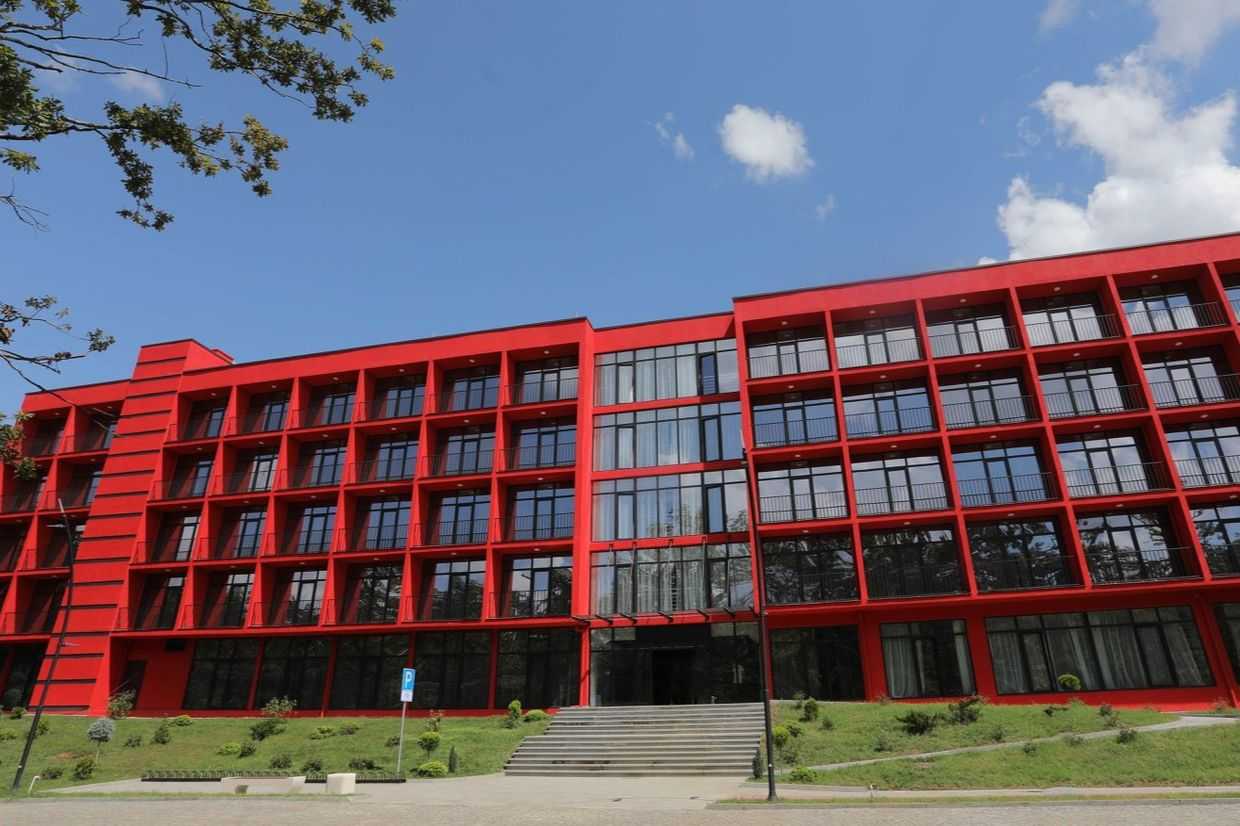
Georgian Dream has proposed legislative changes that would allow the banning of political parties if they are deemed similar to previously banned parties. The ruling party initiated these changes amid its threats to ban the currently existing opposition groups.
Article 36 of the current version of the law on political associations of citizens allows the prohibition of a party with specific goals, including the overthrow of the constitutional order, violation of the country’s territorial integrity, or incitement of discord on national, religious, or other grounds.
However, Georgian Dream has sought to add a separate sub-clause that would grant the court the authority to ban any party whose declared goals or activities ‘substantially repeat’ the declared goals or activities of a party previously banned under Article 36.
The term ‘substantial repetition’ in the proposed amendment, among other aspects, also refers to the composition of party lists.
Georgian Dream had pledged before the 2024 parliamentary elections to petition the Constitutional Court to ban the former ruling party United National Movement (UNM), as well as other opposition parties that the ruling party considers to be ‘satellites’ of the UNM.
However, if the latest draft law comes into effect, the government will not only be able to request the banning of existing opposition parties but also any parties potentially established in the future, if Georgian Dream considers them to be successors of previously banned parties.
The UNM, which governed Georgia from 2003 to 2012, has been repeatedly accused by Georgian Dream of anti-state activities, which included accusations about provoking and starting the August 2008 War.
In February, Georgian Dream established a ‘fact-finding commission’ in parliament, with the aim of studying the period of the UNM rule and ultimately to punish the party.
However, the ruling party has now initiated an expansion of the commission’s mandate to include the period after 2012, stating that representatives of the former government have committed ‘numerous anti-state actions’ even after 2012, during their time in opposition.
Georgian Dream has already announced that the commission’s conclusions will serve as the basis for its petition to the Constitutional Court, in which it will seek to ban the UNM and its ‘satellites.’
When referring to ‘UNM satellites’, the ruling party means all currently existing major opposition parties: not only those whose leaders were formerly members of the UNM, but also, for example, Gakharia for Georgia — the party founded by Giorgi Gakharia, the former Prime Minister under Georgian Dream and a harsh critic of the UNM.
Georgian Dream has intensified its discussion on banning opposition parties in light of the upcoming local elections, scheduled for October 2025. It is not yet clear whether opposition parties would participate, since they consider the current government and parliament illegitimate following last year’s disputed parliamentary elections.
However, according to the ruling party’s parliamentary secretary, Mamuka Mdinaradze, these questions need not be raised. He stated that the UNM and its ‘satellites’ ‘will not be able to participate in not only the local elections, but in any elections held in this country’.
With this statement, Mdinaradze appeared to hint at his party’s desire for essentially all opposition parties to be declared unconstitutional before October.
The work of the commission set as a prerequisite for banning parties, as well as the adoption of new restrictive laws, is being carried out by Georgian Dream in a parliament where opposition is virtually nonexistent. Following the disputed 2024 elections, opposition parties refused to participate in the legislative process.
Against this backdrop, Georgian Dream has created satellite groups within the parliament, which started to position themselves as a ‘healthy opposition’. In practice, this has so far manifested in their unwavering support for all of the ruling party’s legislative initiatives.











